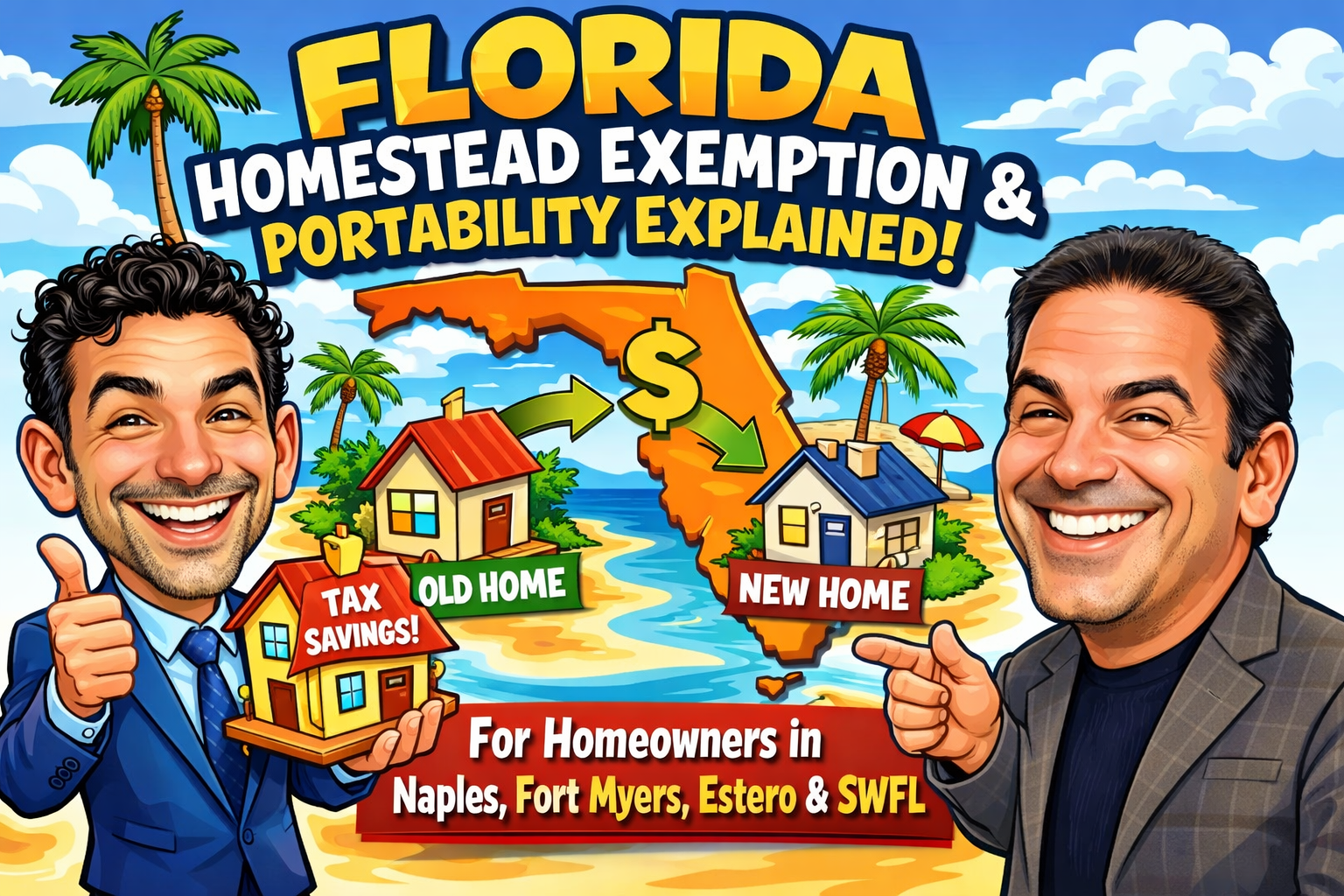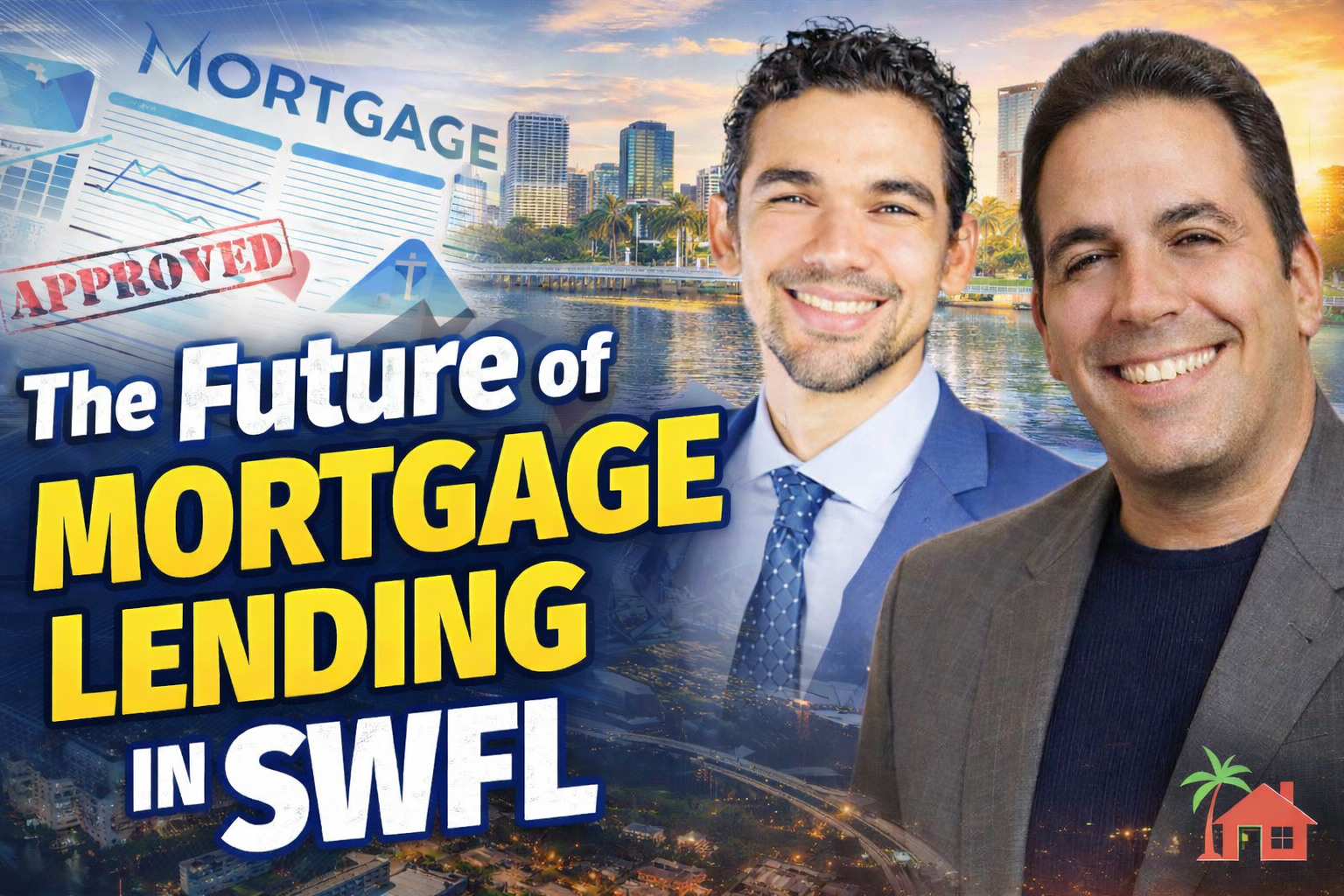By Edgardo Balentine
•
February 4, 2026
In today’s challenging mortgage market, leaders across Naples FL, Fort Myers FL, Estero FL, and Southwest Florida (SWFL) are being forced to confront uncomfortable truths about profitability, operations, and leadership. What once worked no longer guarantees success, especially in Florida’s complex lending environment where difficult loans, unique borrowers, and fast-moving markets demand clarity, accountability, and better systems. This story is not about perfection. It’s about business rehab, radical ownership, and how AI-powered workflows are helping mortgage professionals in SWFL double production while improving team culture and client experience. From Profitability Talks to a Wake-Up Call Last year, a detailed presentation focused on the four pillars of profitability in the mortgage industry. This year, the same conversation was compressed into just 15 minutes. At first, it felt like a setback — but in reality, it was a signal. Shorter timeframes mean sharper messaging. They also expose what truly matters. In Florida mortgage markets like Naples and Fort Myers, reputation matters. Over time, Florida developed a stereotype inside operations teams: Difficult loans Difficult clients Even more difficult loan officers What started as a joke revealed something deeper — an operations disconnect that was holding back production across SWFL. The Real Problem Wasn’t the Market — It Was the System When leadership finally asked operations teams for honest feedback, the response was blunt: Hiring systems were broken Training was inconsistent Operational processes lacked clarity Sales was strong, but everything around it was fragile This is a reality many mortgage branches in Estero FL and Southwest Florida quietly face. Sales-driven growth without operational alignment eventually collapses under pressure. The solution wasn’t another motivational speech. It required ownership. Business Rehab Step One: Trust and Transparency The first step in business rehab was trust and understanding. True transparency is rare in financial services. But when leadership treats operations as partners instead of a support function, everything changes. Instead of pretending everything is fine, teams openly acknowledged: Where the company was Where it wanted to go What wasn’t working In competitive SWFL mortgage markets, partnership between sales and ops is no longer optional — it’s survival. Step Two: Uncomfortable Conversations That Drive Growth Growth requires difficult conversations. Not just with teams, but with leadership and partners. In this case, that meant: Raising standards Letting go of team members who didn’t align Addressing communication failures directly Replacing blame with clarity For mortgage professionals in Naples FL and Fort Myers FL, this is especially critical. High transaction volume magnifies small breakdowns. What feels minor in calm markets becomes catastrophic under pressure. Extreme Ownership Changed Everything One of the most powerful shifts came from adopting extreme ownership. Instead of blaming: Credit scores Loan complexity Market conditions Operations Leadership asked a different question: “What am I doing to set the team up for success?” In many Florida mortgage offices, the honest answer is “not enough.” Once that lens changes, systems improve quickly. Why AI Became the Turning Point To fix broken workflows fast, the team turned to AI-powered mortgage tools, including: Broker Matchmaker GPT for loan placement Client Notes GPT that standardizes ops-ready documentation Pipeline Meeting GPT that creates absolute clarity after meetings These tools didn’t replace people. They removed friction. In SWFL mortgage operations, clarity is everything. AI eliminated: Miscommunication Assumptions Incomplete handoffs The result was faster closings, happier ops teams, and fewer fires. AI Didn’t Remove the Human Element — It Strengthened It One unexpected outcome was improved communication style. Using a personalized communication GPT, messages were adapted to how different team members prefer to receive information. This reduced tension, improved morale, and rebuilt trust. For mortgage teams in Naples, Estero, and Fort Myers, this matters. Stress kills performance long before market conditions do. The Results: Doubled Production in a Tough Florida Market The impact was immediate. Within months: Team stress dropped Operations efficiency increased Client experience improved Production doubled One Florida-based loan officer closed 18 units totaling $9.2 million in a single month, many ahead of schedule. That doesn’t happen without alignment between sales, ops, and leadership. Better Systems Create Better Lives The final outcome wasn’t just higher numbers. It was: Better client relationships Better internal culture Better work-life balance Stronger families In a difficult mortgage market across Southwest Florida, the lesson is clear: AI doesn’t replace leadership — it exposes it. And when accountability, trust, and systems align, profitability follows. Why This Matters for Mortgage Professionals in Naples, Fort Myers, Estero, and SWFL If you’re operating in Florida’s competitive lending market, this story isn’t unique — it’s familiar. The difference is choosing to fix it. Mortgage success in Naples FL, Fort Myers FL, Estero FL, and SWFL now depends on: Operational clarity Leadership accountability AI-enhanced workflows Human-centered communication Those who adapt will win. Those who don’t will keep blaming the market.









